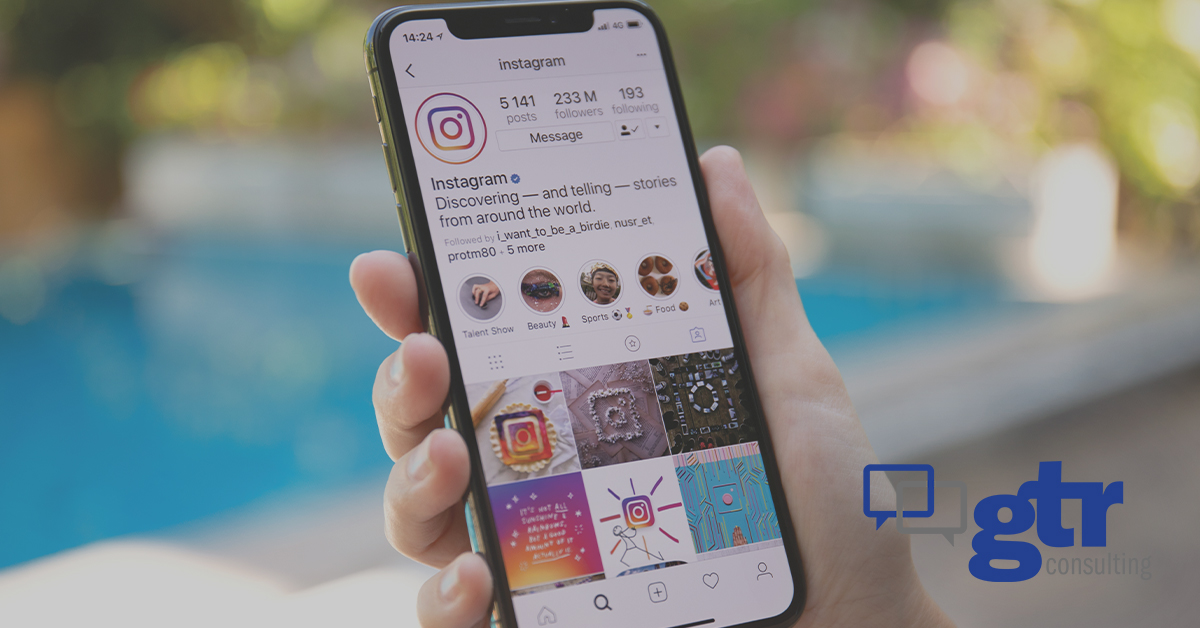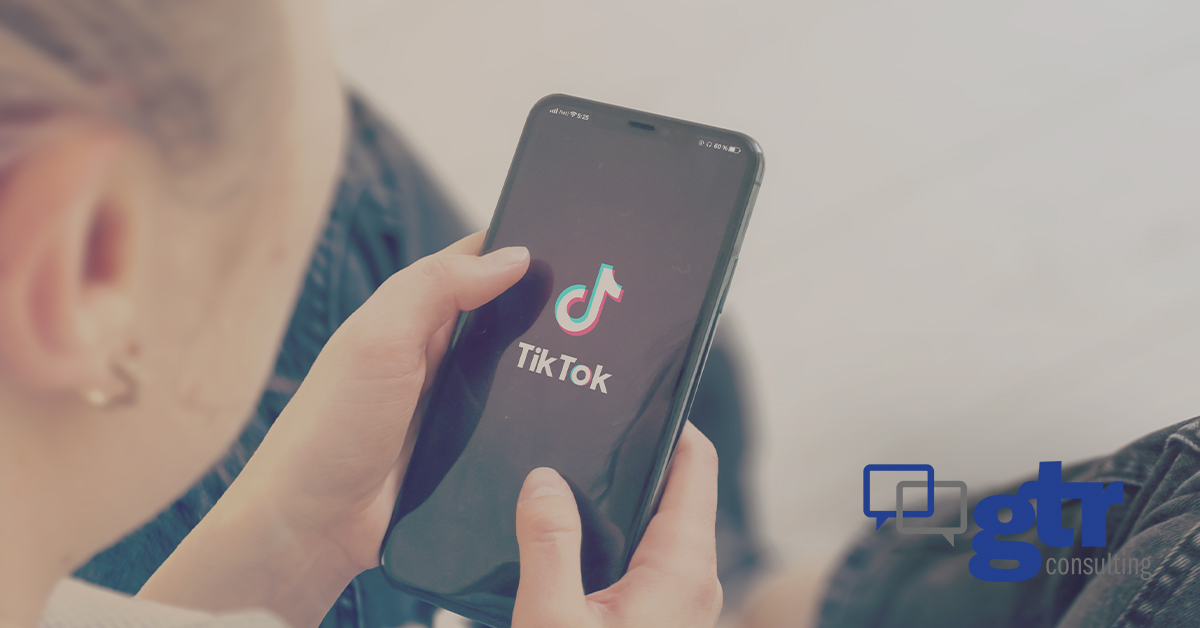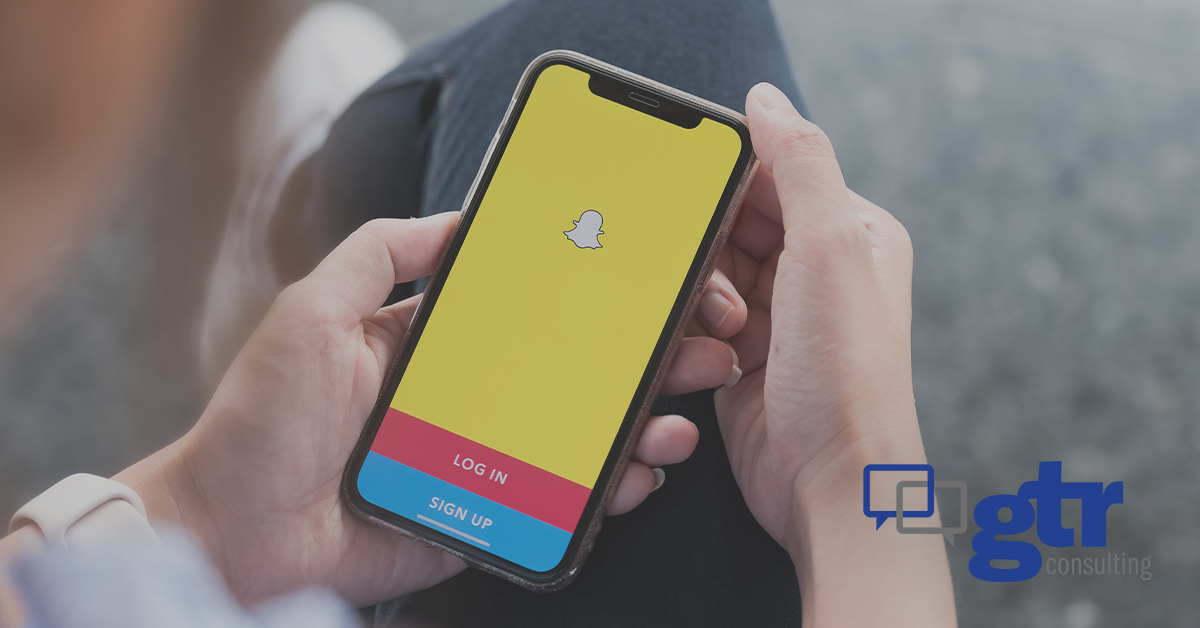
We at GTR Consulting often say that technology is the cause of and solution to many of Gen Z’s problems. This plays out frequently in Gen Z’s lives, but in this article, we are going to return to the topic of Gen Z’s mental health. For Gen Z, their online presence can both act as a salve and a trigger for many of their Mental Health issues.
We recently posted and article talking about Gen Z and their take on Mental Health (archived here: https://gtrconsulting.com/genz-and-mental-health). In this article, we talked about how teens have, to quote myself: “developed a heightened level of aptitude and openness when it comes to addressing [and sharing] their mental health challenges and concerns.” They do this online and in person with their peers, family members and even educators. So, Gen Z’s significant connection to their online social sphere, which was magnified during the COVID-19 lockdown, serves as a salve by providing them with an online outlet and the chance to engage in discussions about and reflect on their mental well-being with friends and other online relationships.
Notably however, a new study out last week by Gallup and the Walton Family Foundation (https://www.gallup.com/analytics/506663/american-youth-research.aspx), suggests that “Gen Z struggles with mental and emotional wellbeing more than the previous generation (Millennials) at the same age.” It discusses that Gen Z reports “having experienced negative emotions — such as stress, anxiety and loneliness — a lot of the prior day” at a much higher rate (7 percentage points higher) than previous generations.
We attribute some of the responsibility for their mental health difficulties directly to the complexities of the online environment. One significant example revolves around the fact that social media and digital platforms act as a window to the seemingly abundant successes of others. It is all too easy to look online and see how peers, influencers, streamers, and the like appear to be living better lives, look better, have more money, have more social success with friends and relationships, etc. All of this can lead Gen Z to feelings of inadequacy, low self-esteem, loneliness, a desperate desire for validation and can give viewers a distinct sense of FOMO (fear of missing out).
So, what can we as marketers do to acknowledge this issue? Here are four tips:
- Authenticity and Transparency: We’ve said time and time again in virtually all of our articles that Gen Z values authenticity especially in their online interactions. Marketers should be transparent about their brand values and practices, avoiding deceptive or overly polished portrayals that can contribute to feelings of inadequacy.
- Understanding the Duality: Marketers need to recognize the dual role of online presence in Gen Z’s mental health. Some aspects of social media and online interactions can exacerbate mental health challenges, while others may provide support and solace. Understanding this duality is essential for crafting effective marketing strategies.
- Positive Messaging: Brands can play a positive role by promoting mental health awareness, self-care, and positive self-image. Campaigns that encourage self-acceptance, authenticity, and well-being can resonate well with Gen Z.
- Engagement and Interaction: Marketers should engage with Gen Z in meaningful and empathetic ways. A two-way street of communication is essential, maintaining a conversation with Gen Z rather than a one-sided lecture. Responding to their concerns and feedback demonstrates that the brand cares about their audience’s well-being.








